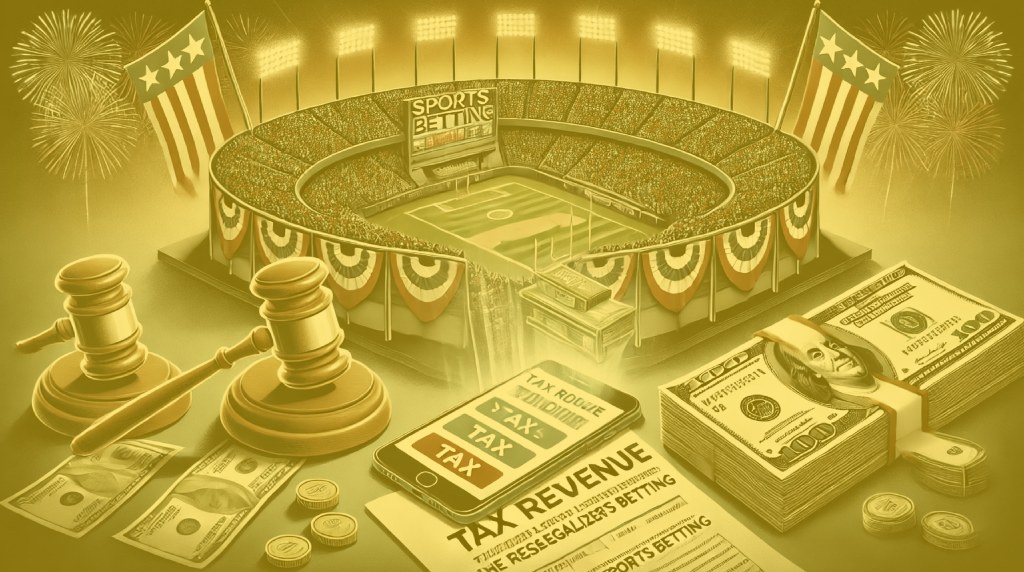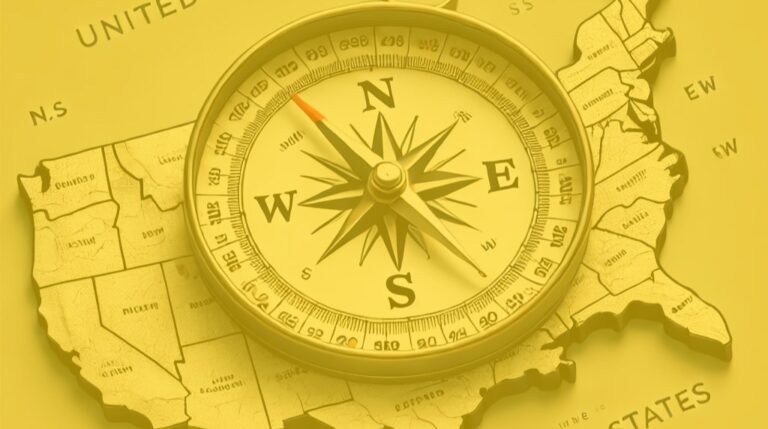
When the Supreme Court struck down the federal ban on sports wagering in 2018, a common narrative took hold. Legislators, pundits, and the public alike spoke of a tax revenue windfall that would soon flood state coffers to fix roads, fund schools, and close budget gaps. States, we were told, were rushing to legalize a new vice for the same reason they run lotteries or sanction casinos: to generate enormous sums of public money. Years into the era of legal sports betting, it is clear this narrative is fundamentally flawed.
While tax revenue is a welcome byproduct of legalization, it is a minor benefit and not the primary motivation for states. The true impetus behind the wave of legalization across the country is not fiscal, but regulatory. The core objectives are to protect consumers, dismantle a thriving illegal market, and bring a multi billion dollar industry out of the shadows and under government oversight. The tax receipts, when examined closely, are simply not significant enough to be the principal driver of such a major policy shift.
Deconstructing the Financials of Sports Wagering
To understand why sports betting is not a fiscal savior, one must first understand the business model of a sportsbook. Unlike a traditional casino with slot machines programmed to keep a significant percentage of wagers over time, a sportsbook operates on remarkably thin margins. The bookmaker’s profit is derived from the commission it charges to take a bet, known colloquially as the “vigorish” or “juice.” On a standard point spread bet, a bettor must risk $110 to win $100. That extra $10 is the book’s potential profit.
This built in commission does not guarantee profit on every event. The goal is to attract equal betting on both sides, ensuring a small profit regardless of the outcome. In reality, public betting is often lopsided, forcing operators to manage risk. The actual amount a sportsbook keeps after paying out winning wagers is known as the “hold percentage,” and it is typically quite low, often falling between 5 and 8 percent. By comparison, state lotteries can have a hold of 40 percent or more. The fundamental profit potential from sports betting is structurally smaller than other forms of gaming.
Furthermore, states do not tax the total amount wagered, known as the “handle.” Instead, they tax the sportsbook’s revenue after winnings have been paid out. This figure is often further reduced by deductions for promotional spending, such as the free bets used to attract new customers. The final taxable amount is called adjusted gross revenue. Most states levy a tax of between 10 and 20 percent on this much smaller number. The resulting tax revenue is a fraction of a fraction of the total money changing hands, a reality that tempers any expectation of a budget windfall.
If Not Taxes, Then What?
The primary reason states are regulating sports betting is to address the enormous, unregulated offshore market that flourished for decades. Before 2018, Americans were already wagering an estimated $150 billion annually with illegal bookies and offshore websites. These illicit operators provided no consumer protections. Bettors had no recourse if a site decided to withhold winnings, close an account without reason, or vanish entirely. There were no safeguards for personal data, no responsible gaming requirements, and no guarantees of fair practices.
Legalization is a policy of channelization. The objective is to provide consumers with a safe, legal, and regulated alternative, thereby “channeling” them away from the dangerous black market. State regulatory bodies, such as the Michigan Gaming Control Board, vet every operator, test their technology, and monitor their operations. These legal sportsbooks are required to secure user funds, offer tools for players to set limits or self exclude, and provide clear terms and conditions. This framework protects citizens in a way the illegal market never could. It is a consumer protection issue first and foremost.
When compared to other revenue streams, the taxes from sports betting are modest. The revenue generated from state alcohol taxes, for example, consistently dwarfs the amount brought in by sports wagering. In many jurisdictions, even more prosaic sources of state income perform better. In Michigan, the data is particularly illustrative. The fees collected annually by the state from hunting and fishing licenses generate more dedicated revenue for conservation efforts than the tax on sports wagering provides for the state’s general fund. This context is essential.
Legalization also allows for the monitoring of betting activity to protect the integrity of the sports themselves. Regulated sportsbooks are required to report suspicious wagering patterns to authorities, which can help identify and prevent instances of match fixing. This collaborative effort between operators, regulators, and sports leagues is impossible when the majority of betting takes place on anonymous offshore sites. The goal is to create a transparent ecosystem where the interests of the state, the consumer, and the sports leagues are all protected. The tax revenue, while helpful, is simply the lubrication that makes this regulatory machine run.




